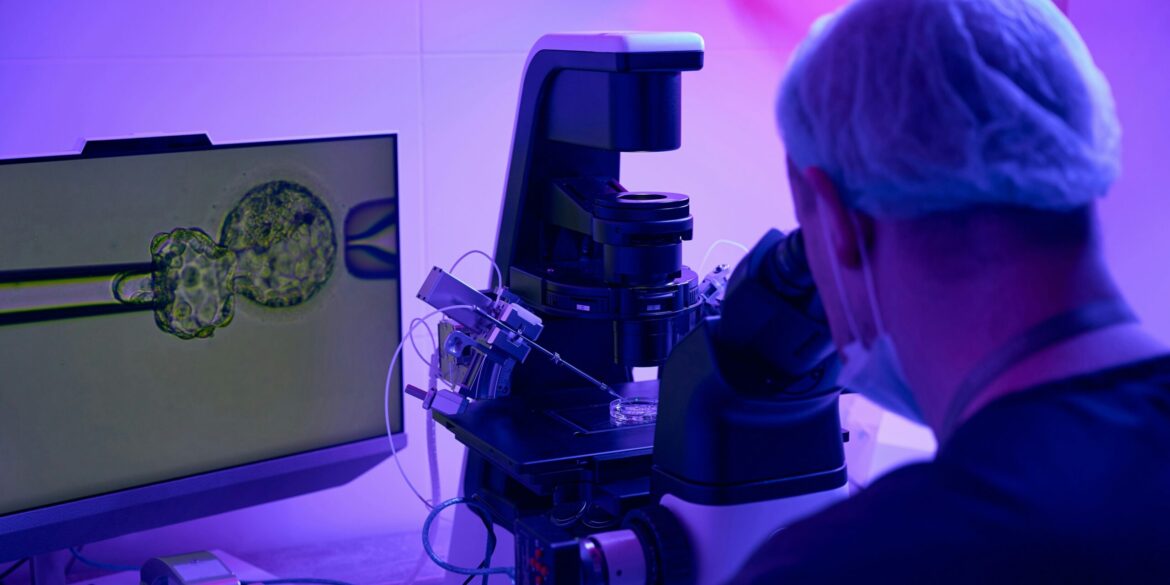October 25, 2025, a groundbreaking $14.2 million research initiative was launched by scientists to map the body’s interoception—a complex and largely uncharted sensory system that monitors key internal functions such as breathing, heart rate, digestion, and immune responses. Often referred to as the body’s “hidden sixth sense,” interoception plays a critical role in maintaining homeostasis, or the body’s ability to maintain stable internal conditions despite external changes. This new project seeks to enhance our understanding of this intricate internal communication network, which could potentially lead to significant advancements in the treatment of a variety of health conditions.
Interoception, which operates below the level of conscious awareness, constantly provides the brain with vital information about the state of our internal organs and bodily processes. While much attention in medical science has focused on the five traditional senses—sight, smell, touch, taste, and hearing—interoception has remained relatively overlooked until recent years. However, researchers are beginning to realize that this sensory system is not only vital for regulating bodily functions but also influences emotional and mental health. For instance, it has been linked to conditions such as anxiety, chronic pain, eating disorders, and heart disease.
The $14.2 million initiative aims to map out the neural pathways involved in interoception, uncovering how the brain processes the signals from the body’s internal systems. Understanding how this sensory network functions could lead to new therapies for a range of conditions, especially those that stem from dysfunctions in the body’s ability to monitor and regulate internal states. For example, disorders such as chronic pain syndromes, irritable bowel syndrome, and even certain mood disorders could potentially be better understood and treated by targeting the interoceptive system.
In addition to its potential medical applications, the research could provide valuable insights into the relationship between our internal bodily state and mental health. Many mental health conditions, such as anxiety and depression, have been found to involve dysregulation in interoception. By improving our understanding of how interoceptive signals are processed and interpreted by the brain, scientists hope to develop more effective treatments that address the underlying mechanisms of these conditions, rather than just managing symptoms.
The research team behind this project includes a diverse group of neuroscientists, physiologists, and psychologists, all of whom are working together to uncover the intricate mechanisms of interoception. Their work will involve advanced neuroimaging techniques and cutting-edge technologies to trace how internal sensory signals are transmitted from the body to the brain and how the brain integrates and responds to this information. The hope is that these efforts will pave the way for innovative medical therapies and interventions that improve patient outcomes and overall quality of life.
The $14.2 million project marks a significant step forward in the exploration of the body’s internal systems, with potential far-reaching impacts on our understanding of health and well-being. As scientists delve deeper into the hidden world of interoception, the hope is that this research will not only provide new insights into the body’s regulatory functions but also open up exciting possibilities for treating conditions that have long been difficult to manage. With advancements in this area, the “sixth sense” could become an essential focal point for future medical breakthroughs.

